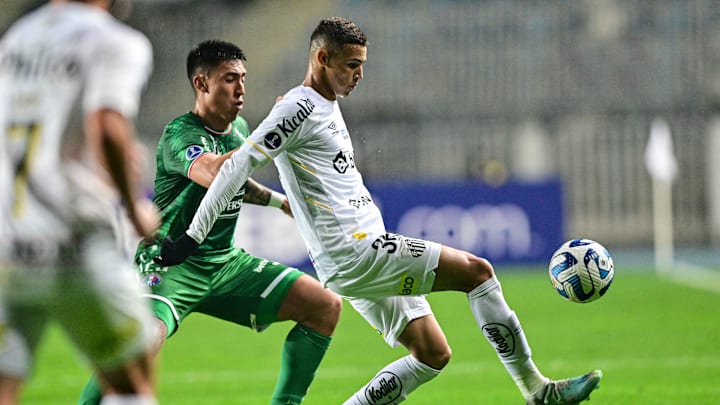The transfer of Deivid Washington from Santos to Chelsea, for an initial sum of 20 million euros, with the potential to reach 27 million euros depending on his performance in England, raises complex questions about the direction of the sport in the country. The saga of the young forward, at just 18 years old, reveals an intrinsic dilemma for Brazilian clubs' management: the conflict between retaining their local gems to strengthen the team in the present or succumbing to financial pressure and letting them go in search of future profit.
Santos, renowned for its prolific youth academy and for producing great names in world soccer, now faces the challenge of dealing with its fans' expectations regarding the sale of Deivid Washington. The feeling of immediate loss is understandable: every goal scored by the young forward could further increase his value, enhancing the financial return for the club. However, Chelsea sees in him the future of their team and heavily invests in his development, aiming to build a competitive team in the long term.
Follow The Top Flight on X (Twitter).
Deivid Washington's journey not only illustrates the quality of players developed in Brazil but also the difficulties faced by national clubs in keeping their promises amid the allure of European giants. Santos' globally recognized brand makes the club a constant target for foreign investments, questioning the Brazilian teams' ability to retain their talents.
The sale of the young forward also highlights the role of FIFA's Solidarity Mechanism, which ensures that training clubs receive a portion of the funds involved in international transfers of their players. For Santos, this represents an opportunity for continuous financial return even after Deivid Washington's departure.
It is important to analyze the impact of these transfers on the development of Brazilian soccer as a whole. While clubs like Chelsea invest in young Brazilian talents, local teams often find themselves deprived of their promises, compromising not only their performance on the field but also the quality and competitiveness of the Brazilian Championship as a whole.
Furthermore, the overseas retention of Brazilian players can affect the national team since many of these talents are key pieces in building the squad. In the long term, the premature departure of players like Deivid Washington can hinder the development of Brazilian soccer internationally.
Given this context, it is up to Brazilian clubs to find a balance between valuing their youth academies and the opportunities offered by the international market. It is crucial for club management to invest not only in the technical training of their players but also in strategies that ensure their retention and development within the country, thus strengthening Brazilian soccer as a whole.
